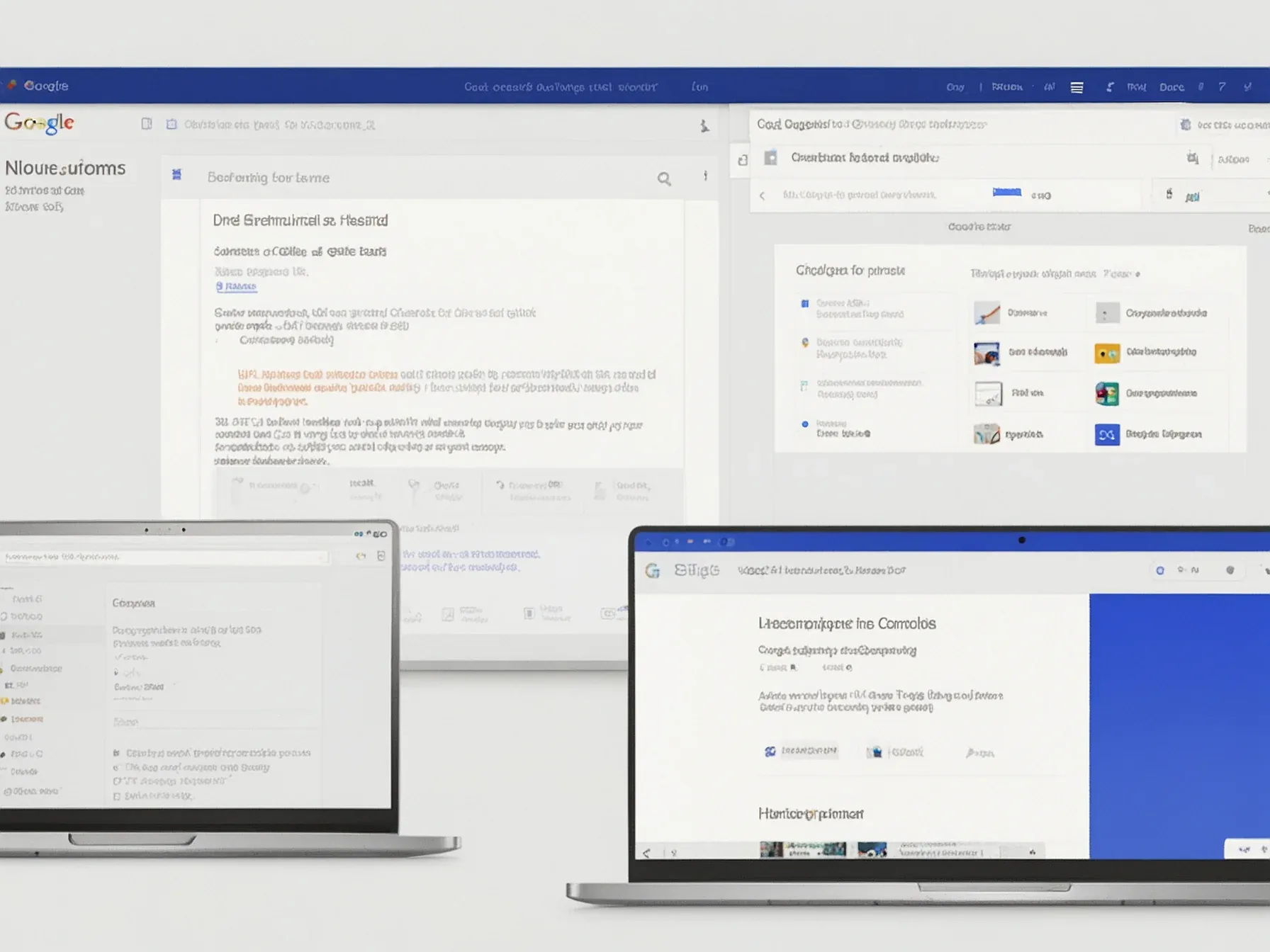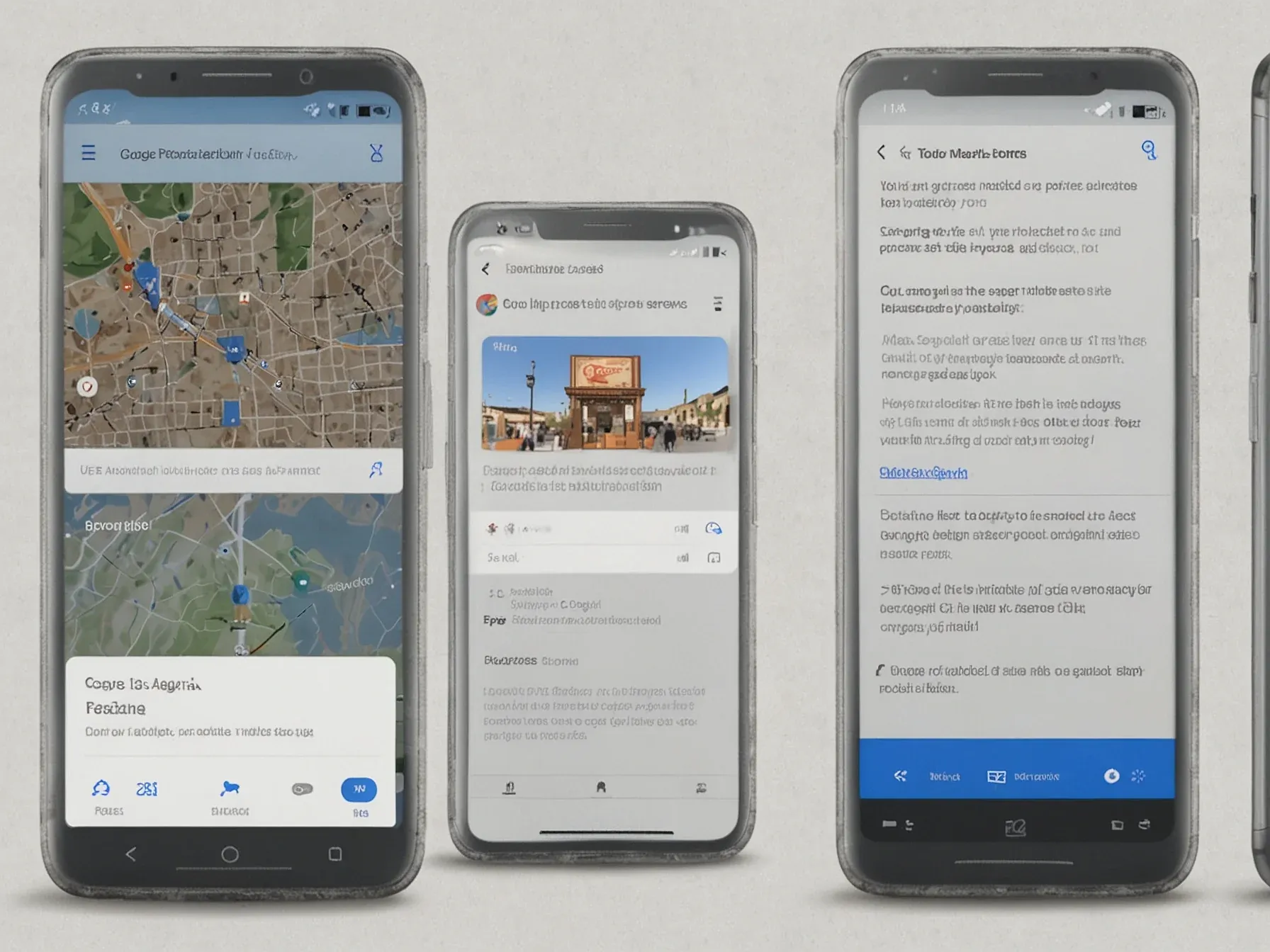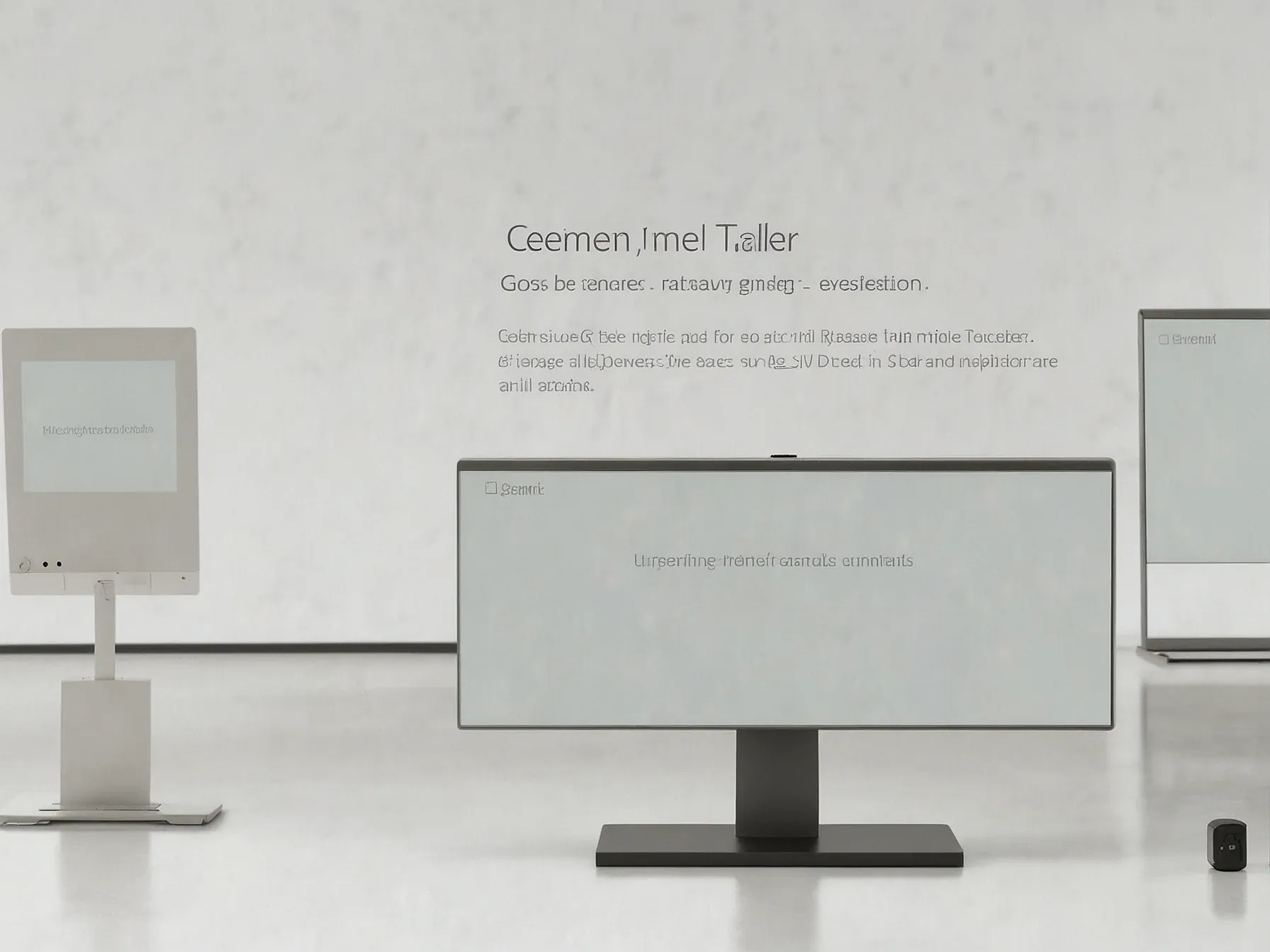
Editorial illustration for AI Challengers Aim to Topple Chrome's Browser Supremacy
AI Browsers Challenge Chrome's Reign with Smart Features
AI upstarts could end Chrome's dominance as browsers are reevaluated
The browser wars are heating up, and this time, it's not just about speed or design. A new generation of AI-powered browsers is emerging, promising to challenge Google Chrome's long-standing digital dominance.
Startup challengers are betting big on artificial intelligence to reimagine how we navigate the web. Their pitch? Browsers that do more than just display websites - intelligent companions that can understand context, summarize content, and fundamentally change how we interact with online information.
The stakes are massive. Chrome currently controls over 60% of the global browser market, a seemingly unshakeable position built over years of Google's strategic ecosystem development. But these AI upstarts see a critical vulnerability: the traditional browser's passive design.
Their vision goes beyond incremental improvements. They're proposing a radical rethinking of browsing itself - where AI isn't just a feature, but the core experience. And they're targeting the most lucrative real estate in digital navigation: that omnipresent search bar.
Let's just say this does all play out according to the wildest dreams of the upstarts and AI companies. In the next few years, everybody reevaluates their browser choice, and the era of Chrome's supremacy ends dramatically. The most immediate change will be the big one: The Google search bar is replaced nearly everywhere by the AI model of your choice.
This would be a crushing blow to Google's business, and to the tight search / browser combination that has ruled the web for years. Google was the portal to the web; now it's not. You'll also quickly start to see some AI-powered features in the browser itself: More than one person I spoke to is working on using LLMs to organize and sort your browser tabs, and everyone seems to love the idea of being able to ask questions or do searches through your browser history.
Give it a few years, and even the basic shape of a browser window -- a row of tabs, an address bar, bookmarks -- might start to change. After that, our relationship with the web starts to change as well. When we've had browser wars before, it was because the web was becoming more powerful and more useful.
Chrome's browser monopoly might be more fragile than anyone expected. AI challengers are positioning themselves to fundamentally disrupt how we search and navigate the web.
The potential shift goes beyond simple browser competition. We're looking at a possible reimagining of the search experience itself, with AI models potentially replacing Google's longstanding search bar paradigm.
This isn't just about switching browsers. It's about fundamentally challenging Google's core business model that has dominated internet interactions for years.
The most intriguing prospect is how quickly user behavior might change. If AI companies can deliver more intelligent, contextual search experiences, Chrome's seemingly unassailable position could crumble surprisingly fast.
Right now, it's an ambitious vision. But the tech landscape has seen dramatic shifts before, and these AI upstarts seem determined to break Google's tight search-browser integration.
The next few years could reveal whether this is genuine disruption or just another tech pipe dream. One thing seems certain: the browser wars are heating up in ways we haven't seen in over a decade.
Common Questions Answered
How are AI-powered browsers challenging Google Chrome's market dominance?
AI-powered browsers are introducing intelligent features that go beyond traditional web navigation, offering context understanding and content summarization. These startup challengers aim to fundamentally transform the browsing experience by replacing standard search bars with AI models that can provide more intuitive and comprehensive web interactions.
What potential impact could AI browsers have on Google's search business?
AI browsers could dramatically disrupt Google's core search and browser ecosystem by replacing the traditional Google search bar with alternative AI models. This shift threatens Google's long-standing digital monopoly and could force a reevaluation of how users interact with web search and browser technologies.
What makes the emerging AI browsers different from traditional web browsers?
Unlike traditional browsers that simply display websites, AI-powered browsers are positioning themselves as intelligent companions that can understand web content context, provide intelligent summaries, and offer more dynamic interaction methods. These browsers aim to transform web navigation from a passive viewing experience to an active, AI-assisted exploration.




